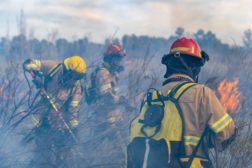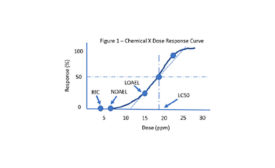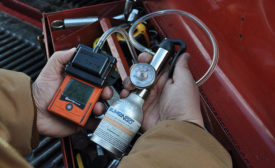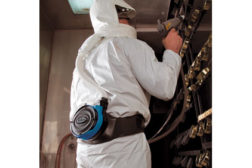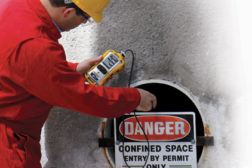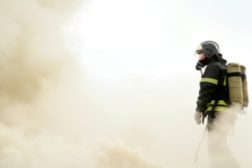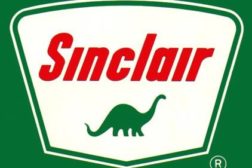Home » Keywords: » toxic exposure
Items Tagged with 'toxic exposure'
ARTICLES
Hazards include toxic inhalation, harmful pollutants, heat exposure
Read More
Exposure effects explained
New terms & calculations require worker retraining
February 1, 2019
Going wireless with gas detection
Ask these questions to select the system that works best
August 30, 2018
NIOSH study finds higher cancer rates in firefighters
Excessive mesothelioma cases linked to asbestos exposure
November 6, 2013
Gas releases lead to $707,000 in fines for Sinclair Refinery
Wyoming OSHA investigates follows worker complaint
November 6, 2013
Become a Leader in Safety Culture
Build your knowledge with ISHN, covering key safety, health and industrial hygiene news, products, and trends.
JOIN TODAYCopyright ©2024. All Rights Reserved BNP Media.
Design, CMS, Hosting & Web Development :: ePublishing
